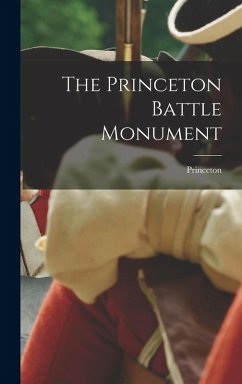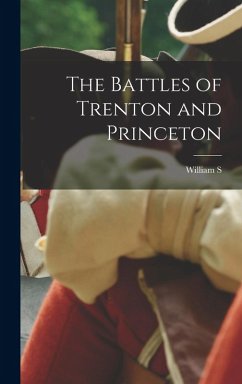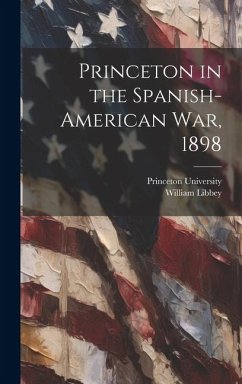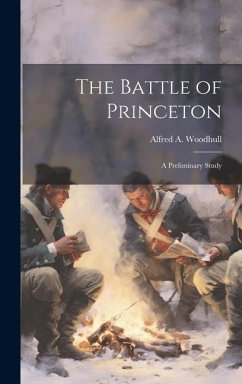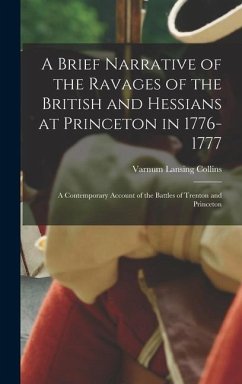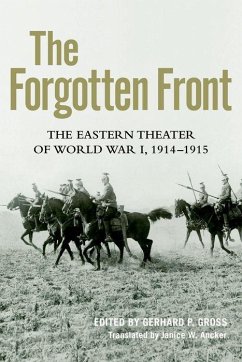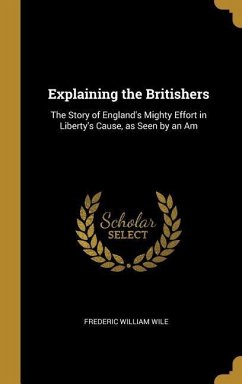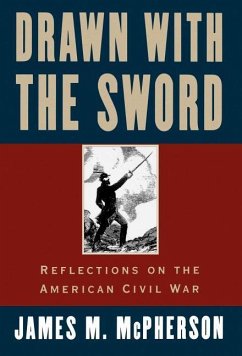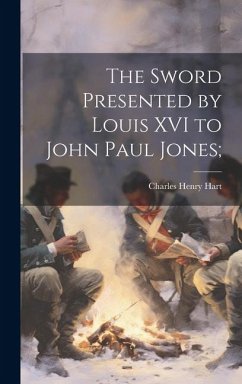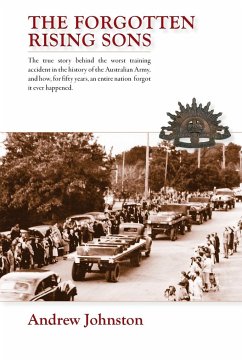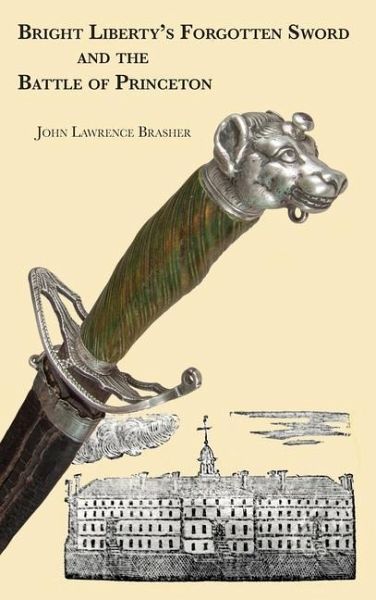
Bright Liberty's Forgotten Sword and the Battle of Princeton
Versandkostenfrei!
Versandfertig in über 4 Wochen
24,99 €
inkl. MwSt.

PAYBACK Punkte
12 °P sammeln!
Captain James Moore of the Princeton, New Jersey, militia was a hero of the Revolutionary War Battle of Princeton. A four-decade genealogy search for the unknown original owner of a rare Revolutionary War silver-hilted sword discovers that the sword was his. This unique patriot sword, displaying anti-British iconography, reveals the lives and politics of the leaders and everyday people of Princeton in the Revolutionary War. The search for the story of the sword reveals its eighteenth-century context-its social meanings, its craftsmanship by a young New Jersey silversmith, the symbolism of its ...
Captain James Moore of the Princeton, New Jersey, militia was a hero of the Revolutionary War Battle of Princeton. A four-decade genealogy search for the unknown original owner of a rare Revolutionary War silver-hilted sword discovers that the sword was his. This unique patriot sword, displaying anti-British iconography, reveals the lives and politics of the leaders and everyday people of Princeton in the Revolutionary War. The search for the story of the sword reveals its eighteenth-century context-its social meanings, its craftsmanship by a young New Jersey silversmith, the symbolism of its designs, and its celebration in ceremonies, art, song, and popular literature. This history is not only about a military artifact but about the dramatic Revolutionary War events in New Jersey that the sword witnessed. If you love American history, rare decorative antique objects, and a mystery, you won't put this book down until the last page is read. This story opens up a lost world of the struggle for American independence in the decisive time of the Revolutionary War.



